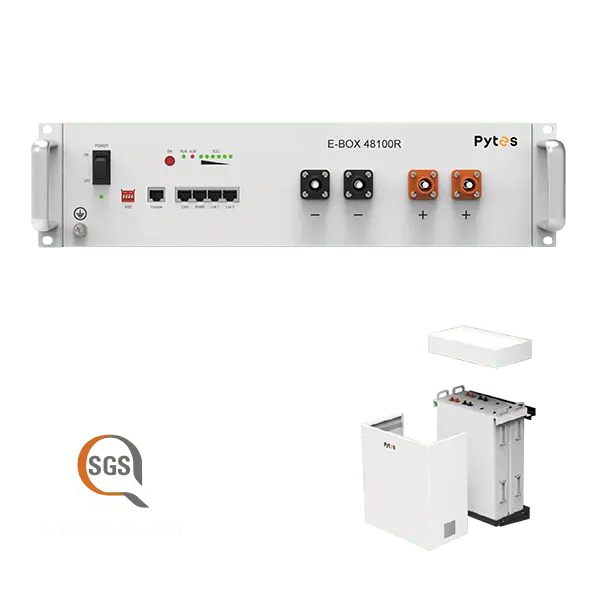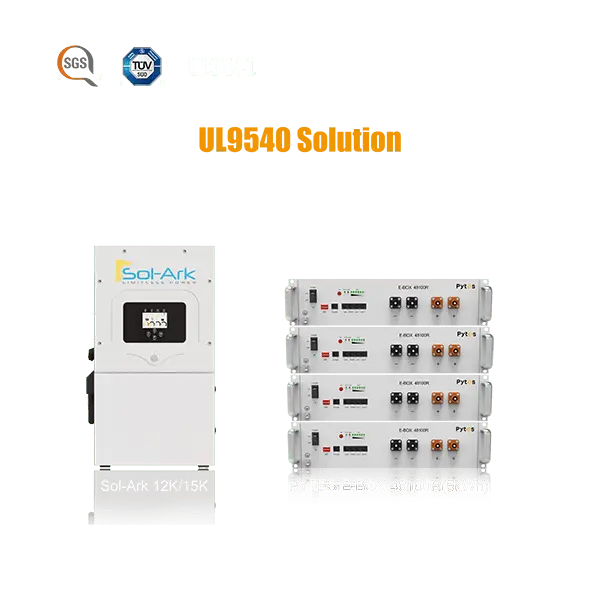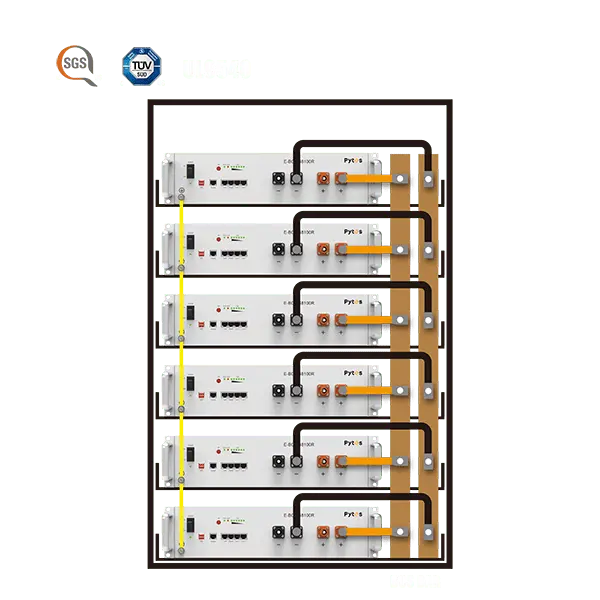Going Off-Grid: How Solar Battery Storage Systems Can Provide Energy Independence
In recent years, there has been a growing interest in renewable energy sources as people become more conscious of the environmental impact of traditional energy production. Solar power, in particular, has gained popularity due to its abundance and sustainability. While solar panels have been widely adopted to generate electricity, the challenge lies in storing and utilizing this energy efficiently. This is where solar battery storage systems come into play, offering a solution that not only maximizes the benefits of solar energy but also provides energy independence.
I. Introduction to Solar Battery Storage Systems
Solar battery storage systems (such as the Pytes E-Box 48100R) are used to store excess electricity generated by solar panels during the day for use when there is little or no sunlight. These systems consist of batteries, inverters, and charge controllers that work together to efficiently store and convert energy. By storing excess energy, homeowners can rely on solar systems even when the sun is not shining, reducing their reliance on the traditional grid.

II. Benefits of Solar Battery Storage Systems
1. Energy Independence
One of the primary advantages of solar battery storage systems is the ability to achieve energy independence. By storing excess energy, homeowners can power their homes even during power outages or during the night when solar panels are not producing electricity. This provides a sense of security and peace of mind, knowing that you are not reliant on the grid for your energy needs.
2. Cost Savings
Solar battery storage systems can also lead to significant cost savings. By storing excess energy and using it during peak demand periods, homeowners can reduce their reliance on the grid and avoid high electricity rates. Additionally, some utility companies offer incentives and credits for homeowners who install solar battery storage systems, further reducing their overall energy costs.
3. Environmental Impact
By utilizing solar energy and storing it in batteries, homeowners can significantly reduce their carbon footprint. Solar power is a clean and renewable energy source that produces no greenhouse gas emissions during operation. By going off-grid with solar battery storage systems, individuals can contribute to a more sustainable future and reduce their impact on the environment.
III. How Solar Battery Storage Systems Work
Solar battery storage systems work by capturing excess electricity generated by solar panels and storing it in batteries for later use. Here is a simplified breakdown of the process:
1. Solar Panels Generate Electricity
During daylight hours, solar panels convert sunlight into electricity through the photovoltaic effect. This electricity can be used to power the home or stored in batteries for later use.
2. Charging the Batteries
The excess electricity generated by the solar panels is directed to the batteries for storage. Charge controllers ensure that the batteries are charged efficiently and prevent overcharging, which can damage the batteries.
3. Powering the Home
When the solar panels are not generating electricity, such as during the night or on cloudy days, the stored energy in the batteries is used to power the home. Inverters convert the direct current (DC) stored in the batteries into alternating current (AC) that can be used to power household appliances.

IV.The Role of Solar Battery Storage Systems in Achieving Energy Independence
Solar battery storage systems play a crucial role in achieving energy independence by enabling users to generate, store, and use their own renewable energy on-site. By combining solar panels with battery storage, individuals and communities can reduce their reliance on the grid, lower their carbon emissions, and create a more resilient and sustainable energy system.
1. Off-Grid Living: Solar battery storage systems are ideal for off-grid living, allowing individuals to power their homes and businesses without the need for traditional utility services. Off-grid solar systems can be customized to meet the unique energy needs of the user and provide a reliable and self-sustaining source of power.
2. Grid Independence: Even for users connected to the grid, solar battery storage systems can provide a degree of independence and resilience in the face of power outages, blackouts, and fluctuations in energy prices. By storing excess energy during periods of low demand and using it during peak hours, users can reduce their reliance on grid power and lower their overall electricity costs.
V. Choosing the Right Solar Battery Storage System
When considering a solar battery storage system, there are several factors to take into account:
1. Battery Capacity
The capacity of the batteries determines how much energy can be stored. It is essential to choose a system with sufficient capacity to meet your household's energy needs during periods of low or no sunlight.
2. Battery Lifespan
The lifespan of the batteries is another crucial factor to consider. Lithium-ion batteries are commonly used in solar battery storage systems due to their long lifespan and high energy density. However, they tend to be more expensive than other battery types.
3. System Integration
Ensure that the solar battery storage system is compatible with your existing solar panels and inverters. It is recommended to consult with a professional installer to ensure seamless integration and optimal performance.

V. Conclusion
Solar battery storage systems offer a practical solution for achieving energy independence and maximizing the benefits of solar power. By storing excess energy generated by solar panels, homeowners can power their homes even during periods of low or no sunlight, reducing their reliance on the traditional power grid. The benefits of solar battery storage systems extend beyond energy independence, including cost savings and a reduced environmental impact.
If you want to know more about solar battery storage systems or Pytes E-Box 48100R, please contact Pytes.
How Home Storage Systems Utilize Solar Energy



